Host Sites
Do you know of a location that would make a great Science Corps host site? Tell us more using this form!
Central Visayan Institute Foundation (CVIF)
Jagna (Bohol), Philippines
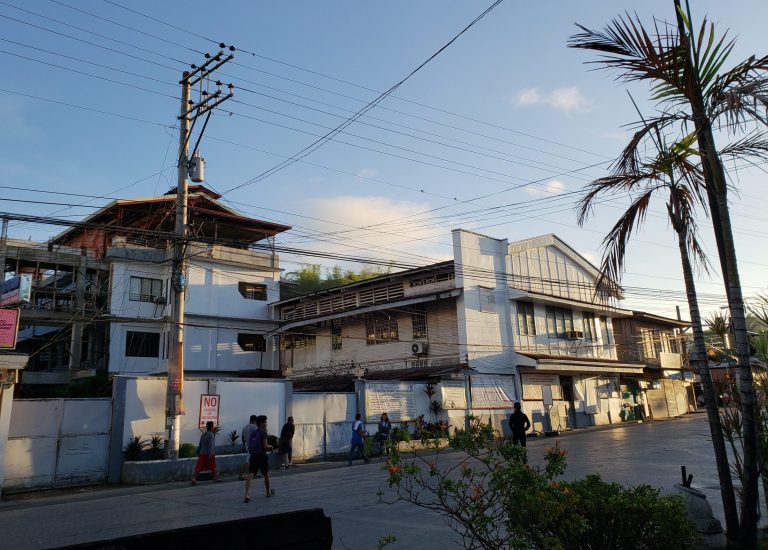
The Philippines lags behind neighboring countries in education. Per one million inhabitants, Japan has 5,084 scientists, Singapore has 4,613, and Malaysia has 726. The Philippines has only 157. To address this discrepancy, the Philippines is actively pursuing development of their secondary school STEM system. This necessitates curriculum development and teachers. To meet this need, the Central Visayan Secondary School in Jagna is eager to host Science Corps Fellows to develop and teach STEM courses.
CVIF is a leader for Philippine educational development, having created a teaching system called the Dynamic Learning Program, now implemented in approximately 250 schools nationwide. The president and directress of CVIF, Dr. Christopher Bernido and Dr. Maria Victoria Carpio-Bernido, respectively, are deeply involved in educational institutions both within and outside the government.
CVIF and the Bernidos have received numerous accolades for their groundbreaking work. These include the prestigious Ramon Magsaysay Award in 2010. Similarly, their innovative methods have caught the attention of the national press, including coverage in the prestigious Manila Standard.
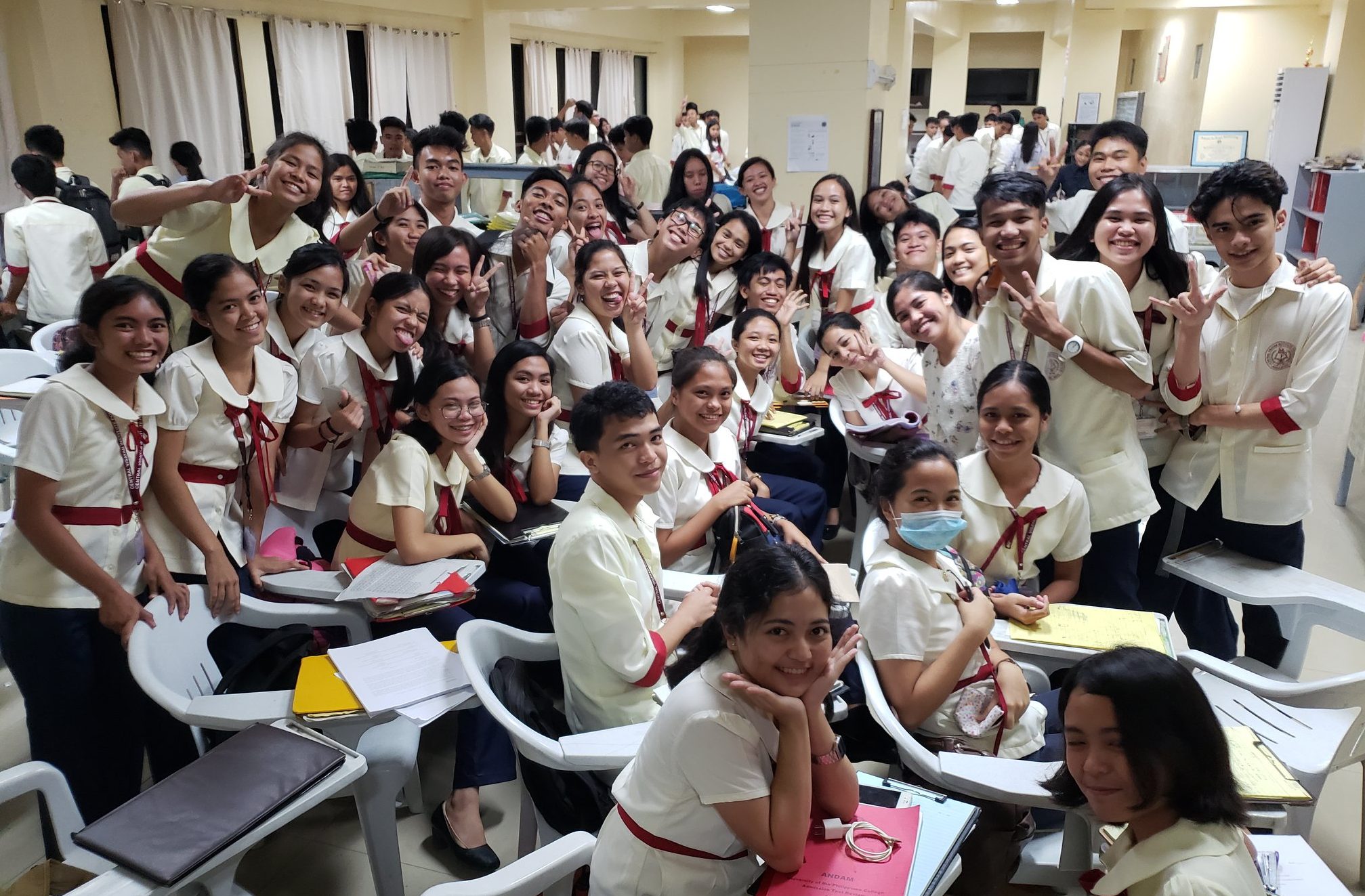
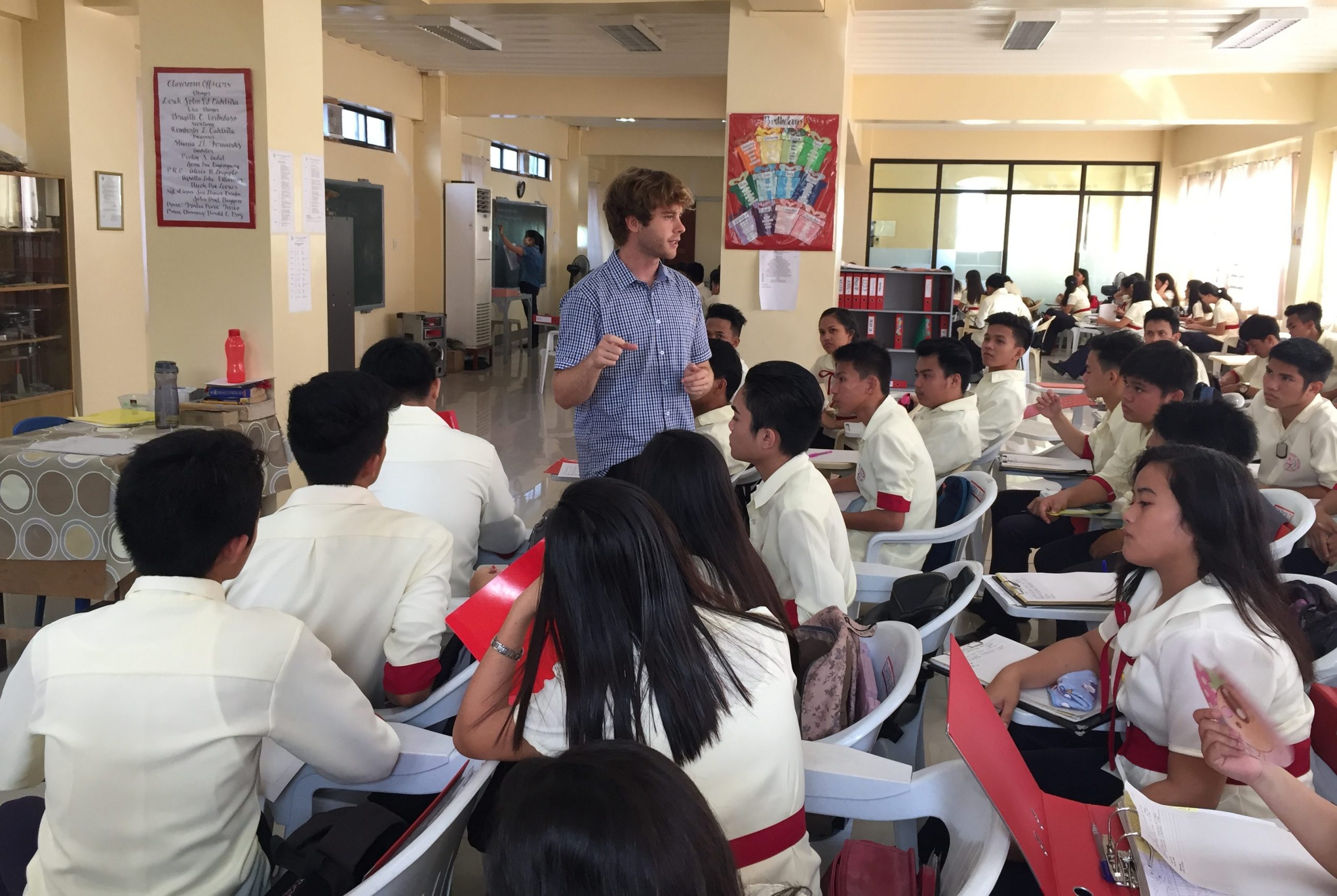
Science Corps Fellows play a number of roles at CVIF. One role of the Fellow is to develop STEM teaching materials in their subject of expertise (examples so far include biology, chemistry, computer science, and research methods). Another role of the Science Corps Fellow is teaching the high school classes corresponding to those materials, and refining the materials where necessary. Additionally, Fellows may design workshops and hands-on activities for students, teachers, and other local scientists.
CVIF has active ongoing collaborations with other schools in the Philippines, and with the Philippine Government. This allows for the STEM teaching materials to be widely shared and distributed throughout the Philippines, expanding the impact on the educational system nationwide. Science Corps Fellows at CVIF have been engaged in building a website designed to help share CVIF’s successful teaching materials to other schools in the Philippines and beyond, including the materials created by the Science Corps Fellows themselves.
The American School of Tangier (AST)
Tangier, Morocco
Founded in 1950, the American School of Tangier (AST) began operations just six years after Roosevelt, Churchill, and Stalin met in Casablanca and six years before Morocco’s independence from France in 1956. It is the oldest international school in North Africa. It is inspiring to see AST’s legacy of successfully serving Moroccan and international youth in the northern part of the country for over a half century.
At AST, 62% of the student body (232 out of 373 students) are from local families. AST has an important role to play, teaching the Moroccan citizens of tomorrow not what to think, but how to think to become thoughtful citizens in an evolving society.
A central aspect of the Science Corps fellow’s work at AST is to create science curricula and to teach with a focus on climate change. The goal is to develop a program that teaches scientific content in a highly engaging manner that allows the application of learning to real world, local problems.
City University
Dhaka, Bangladesh
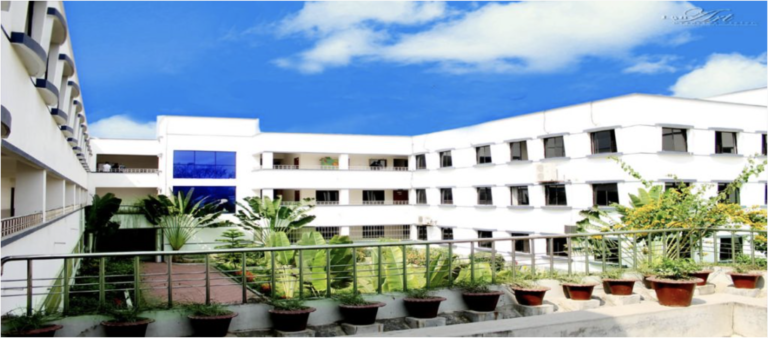
City University was established on the 1st of October in 2002, starting off with just fifteen students, two departments, and a group of dedicated teachers. In 2013, the university received accreditation approval by the Education Ministry and University Grants Commission of Bangladesh. As of 2020, the institution boasts over 6,000 students, a vast campus, four faculty, and a group of PhD professors.
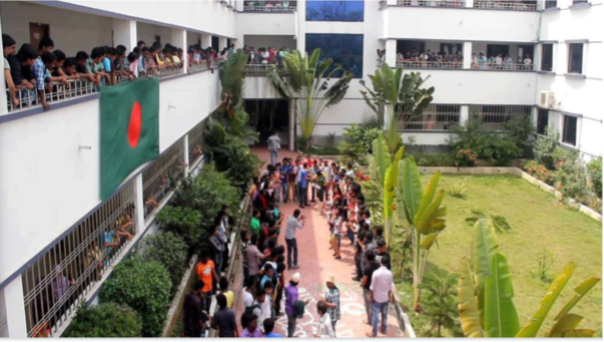
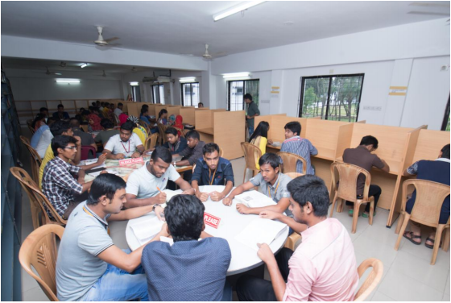
City University and its campus, education programs and curricula, and governing policies are all approved by the University Grants Commission. The high quality of education, democratic governance of the University, strict adherence to laws, policies, and rules, impartial selection of students, faculty, and staff, and non-interference in its academic and administrative affairs from anyone or from any quarter have established City University as a proven leader and role-model in the area of higher education.
It is not just the physical infrastructure that differentiates City University from other Universities. Rather, it is the cultural and research content that determines the superiority in effort and initiative on the part of the management to compose a “Culture of Excellence” on the campus of City University. Each and every single festival and day is observed with due splendor and color. Students regularly take part in a host of national and international debates, programming contests, and research workshops.
City University is committed to and actively pursues the goal of providing the highest quality education. A combination of innovative and student-centered discussion, case-study based instruction methods with carefully selected students and highly qualified faculty creates City University’s quality education.
The vision of City University is to create a culture of excellence in higher education and research to accelerate national development by establishing an institution of higher learning that is responsive to society’s needs for the 21st century and beyond.A firm resolve of our founder is that no merit shall be wasted only because of poverty. It is with Pride and Honor that City University marches forward for a better Bangladesh, for an achievement of excellence, and for a better tomorrow.

